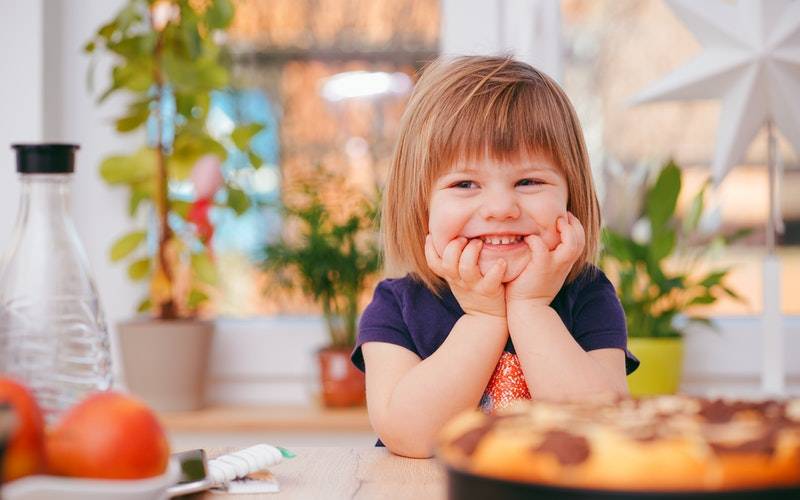This study will investigate the impact of living and learning under a pandemic on children’s education and wellbeing.

Understanding the impact of the COVID-19 pandemic on children’s education and wellbeing is incomplete without understanding of children’s perspectives.
We therefore intend to conduct a study with early years and primary students in order to record and report their experiences of the COVID-19 pandemic.
The project will run for five months from August 2020.
- Background
The coronavirus crisis has dramatically shifted the terms on which schools and homes are currently operating, and there is an urgent need to document and report on the impact of the COVID-19 on children’s education and wellbeing.
While efforts are being made to solicit the views of education professionals, there is a lack of attempts to understand the COVID-19 crisis from the perspectives of children.
Our recent survey of 40 professionals in the education sector indicated significant academic, social, and emotional impacts of the pandemic on children. This has motivated us to research this issue in-depth from the perspectives of children themselves.
- Methodology
Research sample
We will draw on our extensive network of contacts engaged with early years and primary school settings to arrange contact with parents of early years and primary-aged children. We will use non-probability sampling to recruit as many participants as possible within given time and cost constraints (up to 30 participants). To the extent possible, efforts will be made to ensure that the final sample is balanced in terms of children’s sex and age.
Data collection and consent
Detailed participation information sheets will be provided via email or by post to parents and children to allow them to give their informed consent to take part. These will be written in clear language at a level that children can understand. Videoed explanations will be offered to parents and children who cannot read.
Information will be given about methods of data collection, who will have access to data, how it will be stored and used. It will be made clear to the consenting parties that they can withdraw from the study at any time. It will also be made clear that the data will be used in future academic and non-academic publications, in anonymised form (e.g. using pseudonyms).
Research design
The research design is flexible and adaptive to accommodate children’s age and individual needs. We will use a range of tools (about which we have expertise in their use with young children) allowing children to share their experiences in their own terms, in ways that are appropriate for them – for example through pictures, photographs, written and/or spoken language. Indicative list of methods include the following:
Video interviews
These will be conducted via GDPR-compliant video conferencing software. Depending on the age and individual needs of children, interviews will be semi-structured or unstructured to allow children to talk freely, using their own words. Cues and prompts may be used to encourage children to reflect on their experiences of living and learning under the pandemic.
Parents will remain present during all interviews with children. Interviews may vary in length depending on children’s age and needs but are likely to last around 30-45 minutes.
Journaling
We will ask children to record their pandemic experiences over a period of time (e.g. one week - to be negotiated individually with participants).
Photo diaries
With younger children who might be unable or reluctant to produce a written diary we will use photo diaries. Participants will be asked to take photos which capture their experiences and activities during the pandemic, adding titles, comments and notes, where possible.
In cases where photos might include other people, consent will be sought from them (in the case of young children parental consent will be sought) before using the photos for any of the intended research purposes.
Drawing-based activities
Similarly to photo diaries, drawings may be used to access early years children’s perspectives and experiences during the pandemic.
- Team
Principal Investigator
Co-Investigators
- Professor Dominic Wyse
- Dr Alice Bradbury
- Publications
Manyukhina, Y. (2021). Living and learning during a pandemic: the views and experiences of primary school children
 Close
Close

